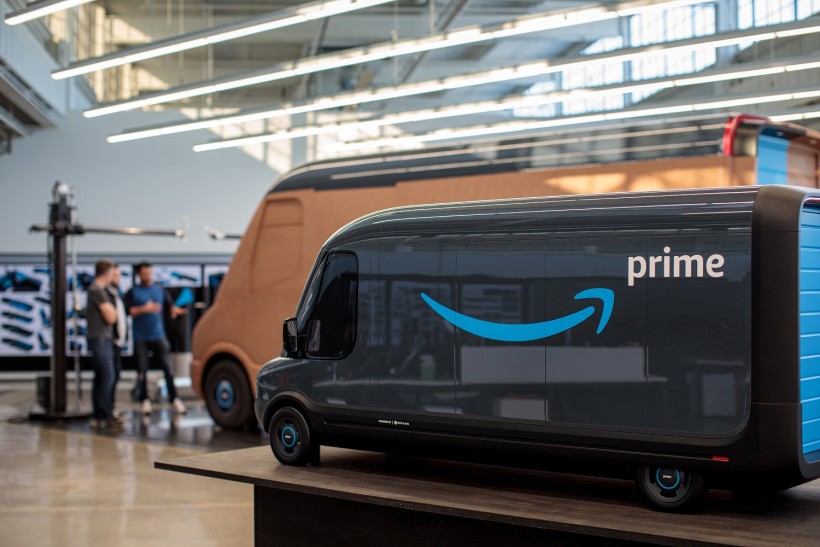Electric vehicles (EV) are getting more attention with numerous automotive news about EV technologies circulating every day. However, they still take up just a portion of overall vehicle sales, particularly for retail.
This is mostly due to the high cost of most EVs compared to cheaper internal combustion vehicles available in the market. Also, EV technology still has a long way to go before it becomes comparable to its combustion counterparts in terms of convenience.
General Motors to launch electric vans line for e-commerce and last-mile deliveries
Although individual customers seem to be slow to adopt eco-friendly technology, commercial clients are always looking for an edge. This is why electric delivery vans are becoming increasingly attractive to companies with large fleets particularly because of their reduced maintenance and fuel costs. The market still hasn't seen a purpose-built electric van that can push companies to switch massively. That may soon change.

Models of the Rivian-built Amazon electric delivery vans are seen in this handout photo in Plymouth, Michigan, U.S., November 13, 2019.
Based on a Reuters report published on Thursday, May 4, GM might have a solution to this. Various sources told Reuters that the company is indeed working on an electric van that would probably halt Tesla's massive hold on the EV market. While tesla produces EVs, the company has so far ignored the vans.
According to Reuter's sources, the vehicle will be called the BV1 internally and would be produced together with its electric trucks line at the Detroit-Hamtramck plant starting in 2021.
However, it is still unclear whether GM would sell this van under one of its existing truck or van brands, Chevrolet, GM, or Hummer, or whether it would launch another brand or resurrect an old one.
So, who is GM competing with?
Based on CNET's Road Show, GM's electric vehicle line remains a rumor until the company has officially announced its launch. But who is it competing with on this side of the industry?
Ford Transit
For the longest time, Ford has been producing Ford Transit, a light commercial vehicle that's been in the market since 1965 before it was marketed as passenger van in 1995.
However, in March, Tech Crunch reported that Ford will be producing an all-electric version of the Ford Transit cargo van. As part of the company's over $11.5 billion investment on electrification, the 2022 model will be initially available for the North American market.

Ford Transit minibus at St. Joseph's Primary School, Wetherby, West Yorkshire. Taken on the evening of Easter Monday the 22nd of April 2019.
The decision to include commercial vans in its electrification plans is based on Ford's increasing sales in the U.S. and the company's future growth prospects. Ford's truck and van fleet sales in the U.S. have grown 33% since 2015 and the company expects it to continue improving its van sales in the U.S. as e-commerce and "last-mile" delivery surges. By 2025, Ford expects electric vehicles to take 8% of the whole automotive industry in the U.S.
Amazon-Rivian electric van
Also, Amazon has invested in startup Rivian to work on an electric van that is purposely-built for the e-commerce company's delivery line. According to Roadshow, Rivian aims to launch its first vans next year. It will integrate Alexa and all the necessary technologies without the need for external devices.
The EV initiative is part of "Amazon's pledge" to reach Paris Climate Accord goals in 2040, which is 10 years earlier than the initial target. It aims to produce 100,000 of these vans by 2030.
While EV technology currently only takes up a small portion of the retail vehicle market, electric commercial vans could push more companies to look into it and begin or expand their EV line.
Read also: Warehouse Employees Want To Sue Amazon Over Coronavirus Threats









